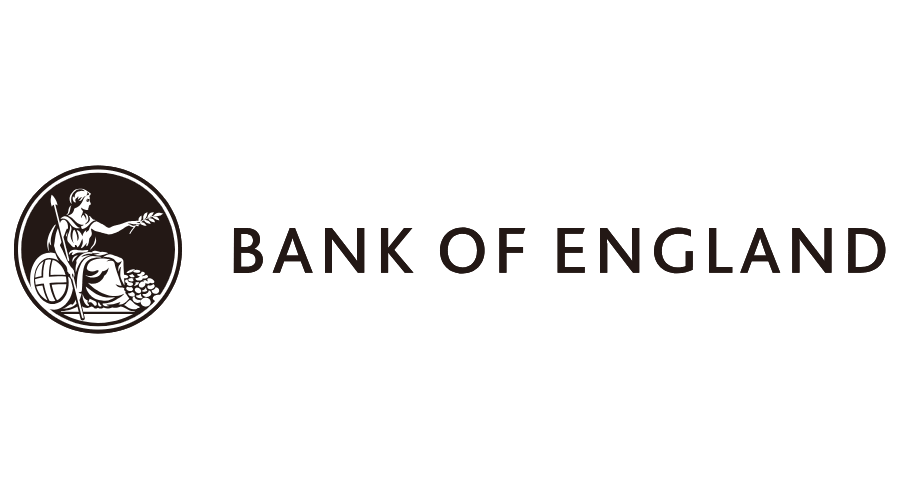How to Pass Bank of England's Application Process
This guide will help you to apply for a job at Bank of England and explain the different parts of the application process.
Bank of England use the following tests in their selection process:
Jump to:Preparation for your Bank of England Assessment
Bank of England are very employee focused - offering great benefits and support to their workforce, offering various opportunities for employees to expand and grow their skill sets.

As the world’s leading producer of microchips and other technological innovations, Bank of England employs over 80,000 employees worldwide it is a very attractive employer for graduates and non-graduates alike.
We can help you navigate the Bank of England selection process and get ahead of your competition. We will break down the different stages of the selection process below offering our advice throughout.
| Assessment section | Recommended Practice Pack |
|---|---|
Bank of England numerical reasoning test | Numerical Test Pack
|
Bundle Pack | Bundle Pack
|
Bank of England Application Process Stages
Stage 1
| Submit the Application Form | The initial step for you is a short registration section which is a segment of the application form. It is a time saving process designed to ensure your suitability for the programme you’re applying for. You are required to mention your education and work experience on the application form. Before applying, be certain that you’ve gone through the application criteria listed under Bank of England’s website Our Programmes page. Your evaluation will be based on your year of study and you even may be able to change to the Graduate Programme or other internships, if you are applying as an intern or Industrial Placement student. Regarding applications to the Graduate Development Programme, it is mandatory to opt for the stream of programme you are applying for. If you’re not sure, you can visit the Our Programmes page on Bank of England website. International applicants can use the Online Tariff Points Calculator to convert international qualifications to UCAS points for Bank of England application form. You must outline your qualifications in the free form text box at the end of your application form when submitting. |
|---|
Stage 2
| Online Testing | Blended Tests: Your professional abilities and expertise will be assessed via an online blended test covering three sections which include:
Situational Judgement Test: As the name implies, this test will present you with different potential scenarios you might face working in the position you're applying for. It's usually a multiple choice question so you can pick a response that adequately fits your personal judgement. The bank puts a high value on this test as they mirror your ability to respond to different situations. Personality Test: This is a 25-minute long Talent Q Dimensions test which helps the Bank of England learn about you. Hiring decision is made on the basis of personality test results. This particular test will evaluate your leadership skills, behaviour as a team member and your compatibility with the environment and culture of the organisation. The test involves a question along with multiple statements which you are required to rate on a scale of 1 to 5 i.e. very true to completely untrue. An online Excel test is also compulsory for candidates applying to the Industrial Placement Programme Research Assistant role. Elements Test Elements numerical, verbal and logical tests are also compulsory if you are applying for the apprenticeships. Cognitive Test: The cognitive test is further broken down into two tests that include verbal and numerical reasoning. Verbal assessment test evaluates your analytical reasoning capability in terms of written communication such as business reports. On the other hand, numerical reasoning tests your ability to connect the dots and build arguments using data, figures, and statistics. If you have any doubts or questions about the testing process, you can always head to the Candidate Guidance Sheet which outlines different types of assessments in further detail for better clarification. Practice Website for Candidates: If you are preparing for the Bank of England tests, it's a great idea to familiarise yourself with the assessment process before you head into the real thing. The practice website allows you to take a trial test of verbal and numerical assessment. Go to www.trytalentq.com and look up Elements verbal and numerical test. |
|---|
Stage 3
| Get Ready for Your Video Interview | Once you've gone through the phase of online testing, you will be interviewed through a video portal where you will be asked 5 questions. The questions are mostly about the Bank of England as an entity, its values, nature of services and mode of operation. The video interview session also includes a question seeking the reasons you applied for the job. It is recommended that in order to prepare well, follow the steps below:
This isn't a one-on-one video interview with a real person sitting behind the camera. Your responses are recorded and eventually reviewed by the bank. For each question, you'll get a few minutes to think before the recording starts. Every answer has a certain pre-specified time limit so do your very best to complete the answer within given time. If you don't, the recording will end anyway and the recruiters will be reviewing a video with an abrupt end which isn't great for your job prospects. Keep in mind that you will only get a single chance at recording your responses so it's better to rehearse and keep your answers precise, eloquent, and succinct. |
|---|
Stage 4
| Bank of England Assessment Centre | Bank of England establishes assessment centres in London to conduct group activities, assessment tests, workplace simulations and interviews. The purpose of the assessment centre is to evaluate candidates in a testing environment and determine their suitability for the applied job. It also helps the bank assess candidate’s compatibility with the company culture. Four different types of assessment centres are established annually for different employment programs. Industrial Palcements: Conducted between November and December, industrial placements assessment centre involves group exercises and an interview with two evaluators. Graduate Development Programme This is conducted between January and February for graduates and focus on skill development and group exercises along with an interview. Internship Programmes They are dependent on candidate's year of study but everything is conducted between January and February. They're similar to graduate programme in terms of focus on skills and group exercises. They also provide exceptional performers an opportunity to take up the Graduate Programme. Future Capability Programme Conducted in April, the future capability programme includes group exercises and an interview with two evaluators. |
|---|
Join those now working at top companies
Don't settle for 'try again next year'. Let us help you pass employer tests first time.
Try now for free
